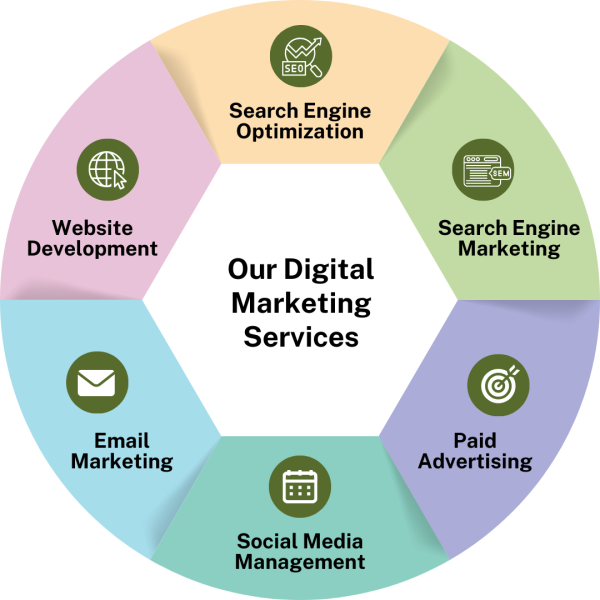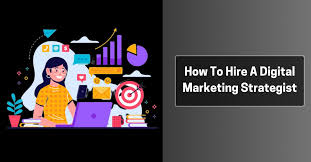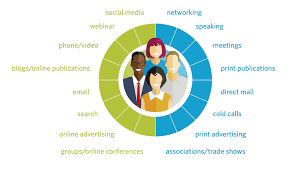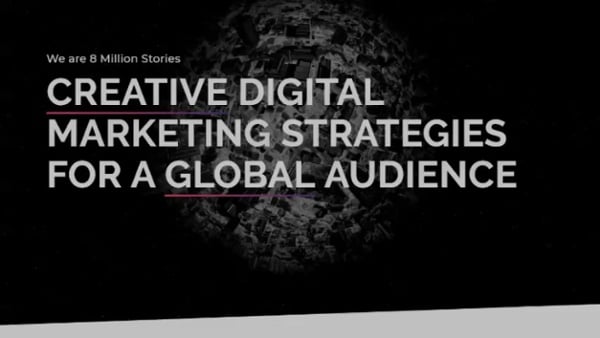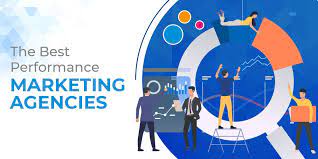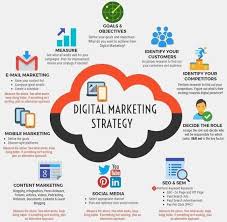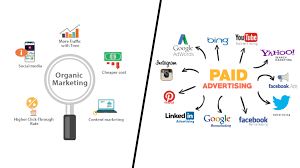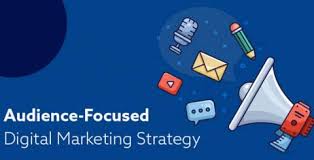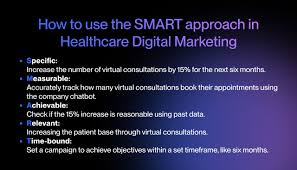The Power of Digital Marketing Services Companies in Today’s Business Landscape
In the digital age, having a strong online presence is essential for businesses looking to reach and engage with their target audience effectively. This is where digital marketing services companies play a crucial role in helping businesses navigate the ever-evolving digital landscape and achieve their marketing goals.
What Do Digital Marketing Services Companies Offer?
Digital marketing services companies provide a wide range of services designed to enhance a business’s online visibility, attract more customers, and ultimately drive revenue growth. Some common services offered by these companies include:
- Search Engine Optimization (SEO): Optimising a website to rank higher in search engine results pages, increasing organic traffic and visibility.
- Pay-Per-Click (PPC) Advertising: Running targeted advertising campaigns to drive immediate traffic to a website and generate leads.
- Social Media Marketing: Creating and managing social media campaigns to engage with audiences on platforms like Facebook, Instagram, Twitter, and LinkedIn.
- Email Marketing: Sending personalised emails to nurture leads, promote products or services, and build customer relationships.
- Content Marketing: Creating valuable and relevant content to attract and retain a clearly defined audience.
The Benefits of Working with a Digital Marketing Services Company
Collaborating with a digital marketing services company offers numerous benefits for businesses seeking to establish a strong online presence:
- Expertise: Digital marketing professionals have the knowledge and skills needed to develop effective strategies tailored to each client’s unique goals.
- Data-Driven Approach: These companies leverage data analytics tools to track performance metrics and make informed decisions that drive results.
- Creative Solutions: They bring fresh perspectives and innovative ideas to help businesses stand out in competitive markets.
- Saves Time and Resources: Outsourcing digital marketing allows businesses to focus on core operations while experts handle the intricacies of online marketing campaigns.
The Future of Digital Marketing Services Companies
As technology continues to advance rapidly, the role of digital marketing services companies will only become more critical for businesses looking to thrive in the digital landscape. From AI-driven automation tools to personalised customer experiences, these companies will continue evolving their strategies to stay ahead of trends and deliver impactful results for their clients.
In conclusion, partnering with a reputable digital marketing services company can be the key to unlocking your business’s full potential in the digital realm. By harnessing their expertise and resources, you can elevate your brand, reach new audiences, and drive sustainable growth in today’s competitive market environment.
9 Essential Tips for Enhancing Your Digital Marketing Services Company
- Understand your target audience to create targeted marketing strategies.
- Utilise social media platforms to engage with potential customers.
- Invest in search engine optimisation (SEO) to improve online visibility.
- Create high-quality content that adds value to your audience.
- Offer various digital marketing services to cater to different client needs.
- Monitor and analyse key performance indicators (KPIs) regularly for insights and improvements.
- Build strong relationships with clients through excellent customer service.
- Stay updated on the latest digital marketing trends and technologies.
- Collaborate with influencers or other businesses for wider reach.
Understand your target audience to create targeted marketing strategies.
To maximise the effectiveness of your digital marketing efforts, it is crucial to understand your target audience thoroughly. By gaining insights into their demographics, preferences, behaviours, and needs, you can create tailored and targeted marketing strategies that resonate with them on a deeper level. This understanding allows digital marketing services companies to deliver personalised content, engage with the right audience through the most effective channels, and ultimately drive meaningful interactions that lead to increased brand awareness and conversions. By prioritising audience understanding in your digital marketing approach, you can build stronger connections with your target market and achieve better results for your business.
Utilise social media platforms to engage with potential customers.
To maximise your digital marketing efforts, it is essential for a digital marketing services company to leverage social media platforms effectively in order to connect and engage with potential customers. By creating compelling content, interacting with users, and running targeted campaigns on platforms such as Facebook, Instagram, Twitter, and LinkedIn, businesses can build meaningful relationships with their audience, drive brand awareness, and ultimately increase conversions. Social media provides a valuable channel for businesses to share their message, showcase their products or services, and foster a sense of community among followers, leading to long-term customer loyalty and advocacy.
Invest in search engine optimisation (SEO) to improve online visibility.
Investing in search engine optimisation (SEO) is a crucial strategy for any business looking to enhance its online visibility and reach a wider audience. By optimising your website’s content and structure according to search engine algorithms, you can improve your organic search rankings and attract more targeted traffic to your site. A strong SEO strategy not only boosts your online visibility but also establishes credibility with search engines and users alike, ultimately leading to increased brand awareness and potential conversions. Embracing SEO as part of your digital marketing efforts can significantly impact your online presence and help you stay ahead in the competitive digital landscape.
Create high-quality content that adds value to your audience.
Creating high-quality content that adds value to your audience is a fundamental strategy for any digital marketing services company. By producing engaging and informative content that resonates with your target audience, you can establish credibility, build trust, and foster lasting relationships with customers. Whether it’s through blog posts, videos, social media updates, or email newsletters, delivering valuable content not only attracts new leads but also keeps existing customers engaged and loyal. In a competitive digital landscape, quality content serves as a powerful tool to differentiate your brand and drive meaningful interactions that drive business growth.
Offer various digital marketing services to cater to different client needs.
To maximise client satisfaction and effectiveness, a digital marketing services company should offer a diverse range of services tailored to meet the unique needs and objectives of each client. By providing a comprehensive suite of digital marketing services, such as SEO, PPC advertising, social media marketing, email marketing, and content creation, companies can ensure that they can address a wide spectrum of client requirements and preferences. This approach not only demonstrates flexibility and expertise but also enables businesses to create customised strategies that resonate with their target audience and drive tangible results.
Monitor and analyse key performance indicators (KPIs) regularly for insights and improvements.
Monitoring and analysing key performance indicators (KPIs) regularly is a crucial practice for any digital marketing services company. By tracking metrics such as website traffic, conversion rates, click-through rates, and engagement levels, companies can gain valuable insights into the effectiveness of their marketing strategies. This data-driven approach allows them to identify areas for improvement, make informed decisions, and optimise campaigns to achieve better results. Regular KPI analysis not only helps in measuring success but also enables companies to adapt quickly to changing market trends and customer preferences, ultimately driving continuous growth and success in the competitive digital landscape.
Build strong relationships with clients through excellent customer service.
Building strong relationships with clients through excellent customer service is a cornerstone of success for any digital marketing services company. By prioritising exceptional customer service, companies can foster trust, loyalty, and long-term partnerships with their clients. Listening to their needs, providing timely support, and going the extra mile to exceed expectations not only enhances client satisfaction but also sets the foundation for mutual growth and success. Effective communication and a customer-centric approach are key in building enduring relationships that drive positive outcomes for both the company and its clients in the dynamic world of digital marketing.
Stay updated on the latest digital marketing trends and technologies.
To thrive in the competitive world of digital marketing, it is crucial for digital marketing services companies to stay updated on the latest trends and technologies. By keeping abreast of industry developments, such as algorithm changes, emerging platforms, and innovative tools, these companies can adapt their strategies to remain relevant and effective in reaching target audiences. Embracing new trends and technologies not only showcases a company’s commitment to innovation but also ensures that they can deliver cutting-edge solutions that drive results for their clients in today’s dynamic digital landscape.
Collaborate with influencers or other businesses for wider reach.
Collaborating with influencers or other businesses can significantly amplify your brand’s reach and engagement in the digital marketing landscape. By partnering with influencers who have a strong online presence and a loyal following, you can tap into their audience and leverage their influence to promote your products or services effectively. Similarly, teaming up with complementary businesses allows you to reach a broader demographic and benefit from shared resources and expertise. These strategic partnerships not only expand your reach but also enhance credibility and trust among consumers, ultimately driving growth and success for your business in the competitive digital market.

